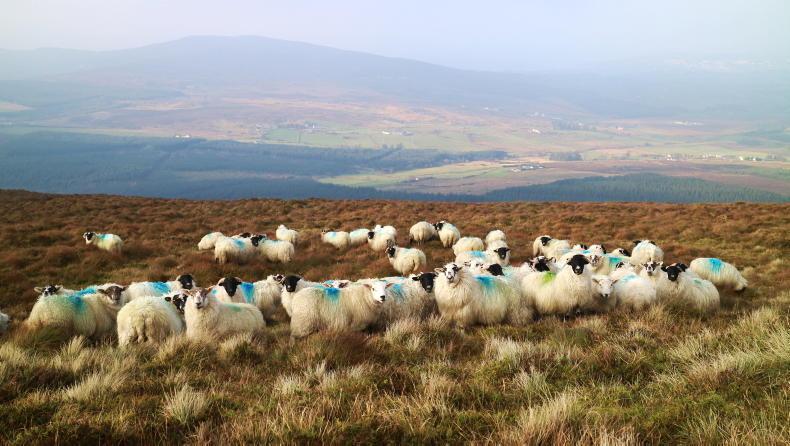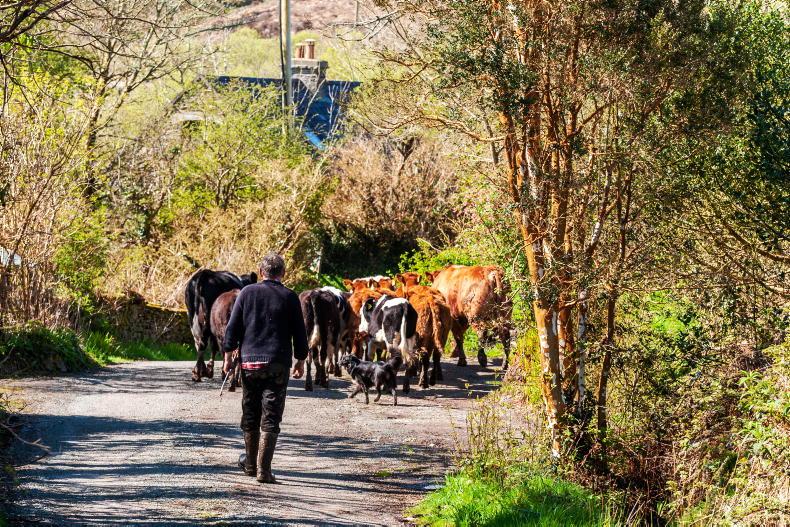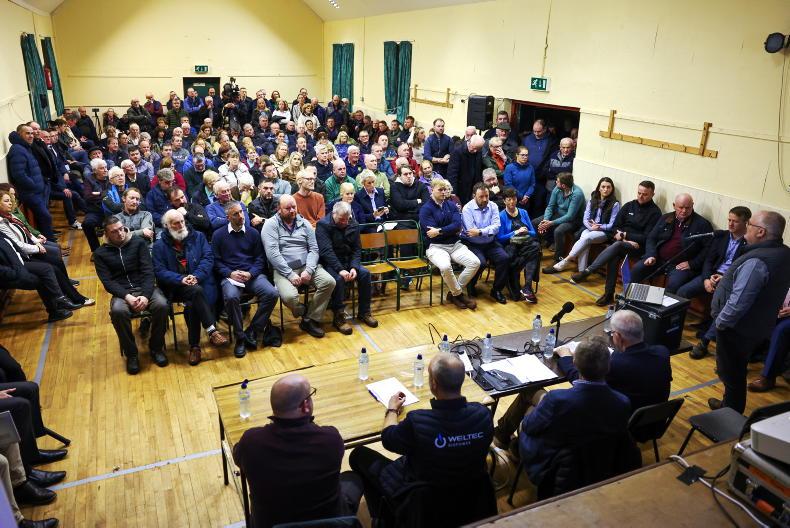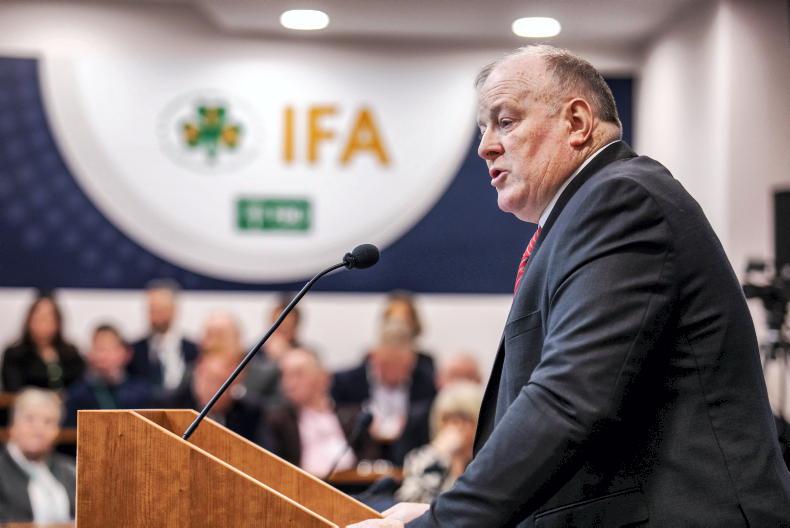The current CAP reform has the potential to be very divisive. Last week’s IFA regional meetings saw strong criticism from no less than Derek Deane and Flor McCarthy.
McCarthy’s intervention was significant as he was a member of the strategy committee that devised IFA’s policy in the first place. He also knows the consequences of divided committees.
Following the Fischler reforms, despite the 48% co-funding secured, he lost his rural development vice-chair Colm O’Donnell and half of Ireland’s hill farmers to the INHFA.
Tim Cullinan said that the IFA had embraced decoupling in 2001. My own recollection is that the IFA maintained an outright opposition to decoupling right through the central negotiations in 2002-2003.
Decoupling
The IFA opposed decoupling because it felt in time the historical payments would not be justifiable, and productive farmers would suffer.
Those chickens are now coming home to roost in earnest. Some would say there have been 20 good years since, and high-entitlement recipients have had it good for long enough.
Derek Deane, then livestock chair, has accused the IFA of missing the boat this time. Interestingly, Deane deflected his criticism away from president Tim Cullinan, who he supported in his presidential campaign, and towards director Damian McDonald.
But ultimately, if issues arise, the buck always stops with the president.
This is as it should be. The IFA’s council decides policy and the staff enact it.
My own recollection is that the IFA maintained an outright opposition to decoupling right through the central negotiations in 2002-2003
We have also just seen the ICSA contrast dairy and drystock farmers’ basic payments and incomes. The wonder is that it took until now for sectoral comparisons to be made. The reality is that the CAP cake is smaller and must be cut into more slices than ever. There simply won’t be enough cake to go around.
The many and mixed messages around CAP reform from Irish farming are confusing. This week will see the shape of the deal more or less confirmed. However, that still leaves an awful lot to play for, as many key decisions will be taken nationally.
The need for coherence where possible within and between the family of farm organisations is the best hope of a balanced, farmer-facing outcome. It’s not the time for name calling or regime change, the game is afoot, and all that stuff needs to be left in the dressing room.










SHARING OPTIONS